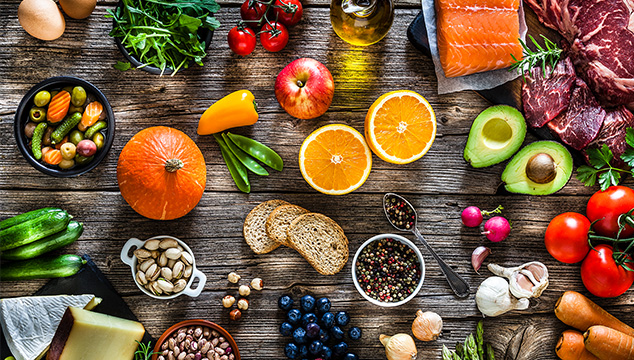
If you’ve been a frequent visitor here, you might’ve come across the term ‘diet culture.’ But what exactly does it entail? Today, let’s dive deep into understanding diet culture and its implications on the approach towards intuitive eating and non-diet strategies.
What Is Diet Culture?
Many, if not most, of us have at some point been drawn to the allure of diets or the idea of achieving the “perfect body.” This often intensifies during summer or holiday seasons. This mindset isn’t surprising given that our society is steeped in a culture that normalizes dieting.
Our society often links thinness with happiness, health, beauty, and self-worth, an ideology popularly termed as ‘diet culture.’ This belief system portrays thin individuals as superior while portraying those with larger bodies as lazy, unhealthy, or unsuccessful. From a tender age, we’re conditioned to believe that our food choices and body size are reflective of our worth. As a result, dieting and weight loss become means to climb the social ladder.
Diet culture’s influence is omnipresent – be it in our medical field, educational systems, or media. This widespread nature makes it hard to even recognize its existence. However, once you tune in, its prevalence becomes starkly evident.
Many fall into the trap of relentless dieting due to this, leading to unhealthy relationships with food. Instead of being taught the joys of eating, we’re instructed on how to diet. If diet culture were personified, it’d be a unicorn suggesting we could all become unicorns by merely consuming the “right” foods.
In essence, diet culture deceives.
Identifying Diet Culture in Everyday Life
Its influences are everywhere. From offhand comments about meals like, “I’d gain weight if I ate that!” to terms describing food as ‘naughty’ or ‘indulgent’. From health professionals giving unsolicited weight loss advice for unrelated ailments to media’s portrayal of larger people. These comments may sound benign due to their frequency, but they’re rooted in the damaging belief that thinner bodies are superior.
Diet culture’s reach extends beyond just promoting thinness; it amplifies the value of thin, white bodies, simultaneously marginalizing and suppressing larger, BIPOC bodies. At its core, diet culture is rooted in patriarchal, Eurocentric views, making it intrinsically sexist, racist, and ableist.
In the U.S., the diet industry, worth over $70 billion annually, thrives on these insecurities, convincing us to continually chase unattainable standards of beauty and health. The industry continues to grow by exploiting our doubts, making us invest time, money, and energy in a never-ending pursuit of weight loss.
Diet culture also fuels the dangerous belief that our self-worth is linked to our appearance and endorses diets as the ultimate solution to all our problems.
Spotting Diet Culture Messages:
- Gym programs guaranteeing weight loss or a specific appearance.
- Expensive spa treatments promising body transformation.
- Foods labeled as “clean” or “guilt-free.”
- Advertising implying a direct link between weight and happiness or worth.
- Products suggesting health is a luxury.
How Diet Culture Hinders Us
Diet culture entraps us with unrealistic standards. It dictates that societal acceptance and love come with strings attached – strings of thinness, youth, beauty, and perfection.
On a personal level, this confines us, making us forget our true selves, neglecting our needs, desires, and intuitions. Collectively, diet culture serves to subdue vast groups.
While some aspects of diet culture might seem benign, they’re rooted in harmful beliefs that equate thinness with moral superiority. By embracing these beliefs, we disconnect from our own bodies.
Negative outcomes of diet culture include:
- Obsession over food and body image.
- Reduced self-worth.
- Disordered eating.
- Increased stress, binging, and cravings.
- Reduced confidence.
- Frequent weight fluctuations.
Diet culture robs us of life’s joys. It can prevent us from forming relationships, attending events, or being present with loved ones.
Escaping Diet Culture’s Grasp
Breaking free requires recognizing diet culture both externally and internally. Using the Intuitive Eating framework by Evelyn Tribole and Elyse Resch can be helpful:
- Understand the damage caused by diet culture.
- Recognize its manifestations internally and externally.
- Actively challenge problematic beliefs and actions.
- Start redefining your relationship with food and your body.
As you work towards this, you’ll face challenges from every corner – friends, doctors, or social media. Remember, the diet industry thrives on your insecurities.
Diet culture and the industry it has birthed weren’t established for health but to maintain societal hierarchies. This culture harms everyone, particularly women and BIPOC communities.
To liberate ourselves, we must confront and question these deep-seated beliefs. Such transformation may feel daunting, but remember, the journey to reclaiming your body and life is worth it. Surround yourself with like-minded individuals and resources to aid this transition.



